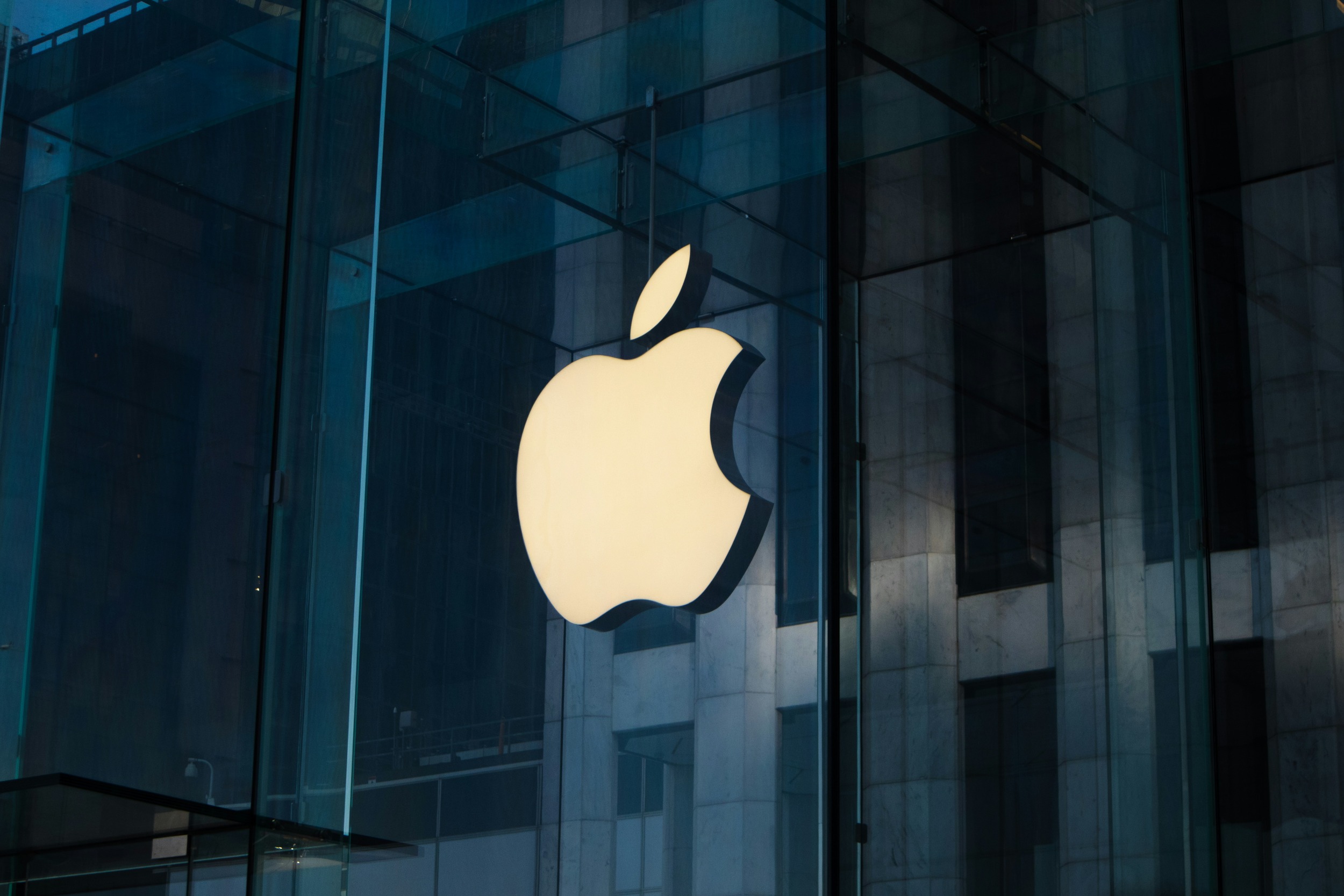The recent lawsuit by the United States Department of Justice against Apple has not only shaken the foundations of the smartphone market, but has also raised concerns in the field of cybersecurity. Apple's accusation of illegal monopoly and restrictive practices could have significant consequences for how users and companies manage the security of their data on iOS devices.
Apple's “walled garden,” a strategy that has been both praised for its inclusiveness and criticized for its exclusivity, raises questions about data security and privacy. By limiting access to key iPhone features to competitors, Apple strictly controls which apps and services can operate in its ecosystem, which could be interpreted as a security measure to protect users from malicious software. However, this same restriction also prevents third-party developers from offering innovative security solutions .
The lawsuit suggests that Apple could be using its monopoly power to favor its own services and applications , potentially to the detriment of more secure or private options available on the market. This not only affects competition and innovation, but also limits consumer choice in terms of data protection and privacy.
Additionally, Apple's ability to dictate how and when apps in its App Store are updated raises another cybersecurity concern . Timely updates are crucial for security, and any delays imposed by restrictive app store policies could expose users to unpatched vulnerabilities.
In short, the US antitrust lawsuit against Apple is not only a business practices case, but also highlights the importance of a balance between corporate control and cybersecurity. The resolution of this case could influence how tech companies approach security and privacy in the future, with implications that will resonate throughout the industry.


